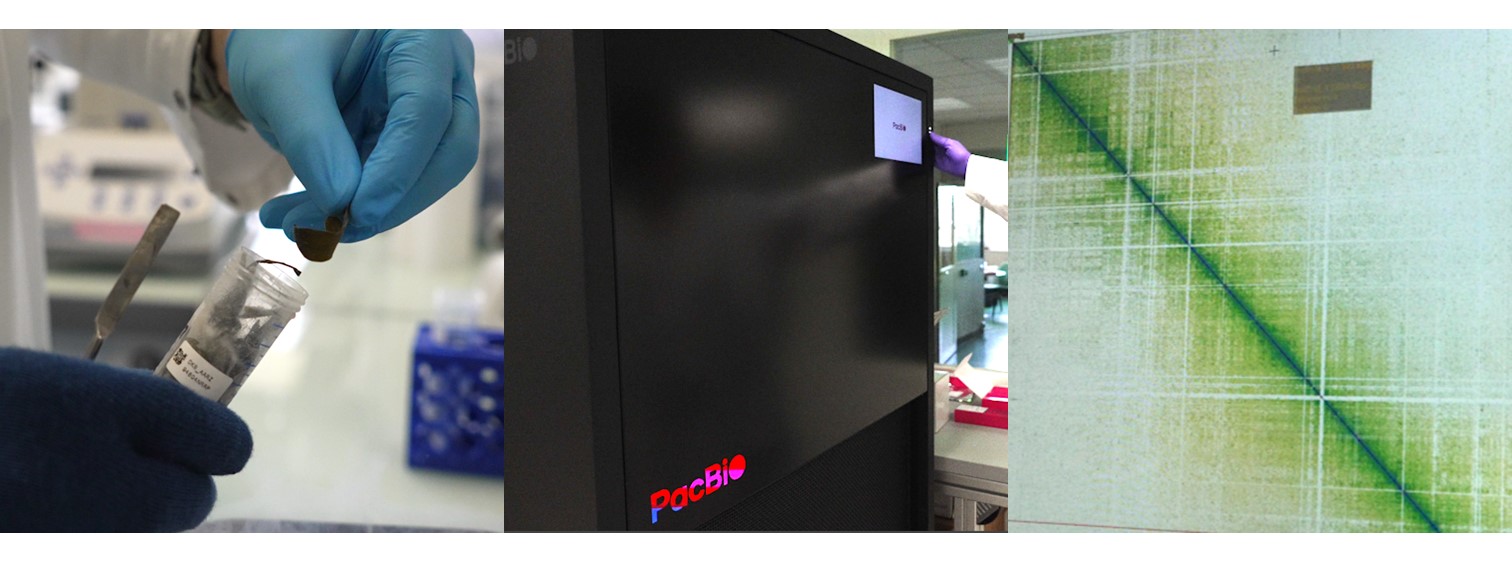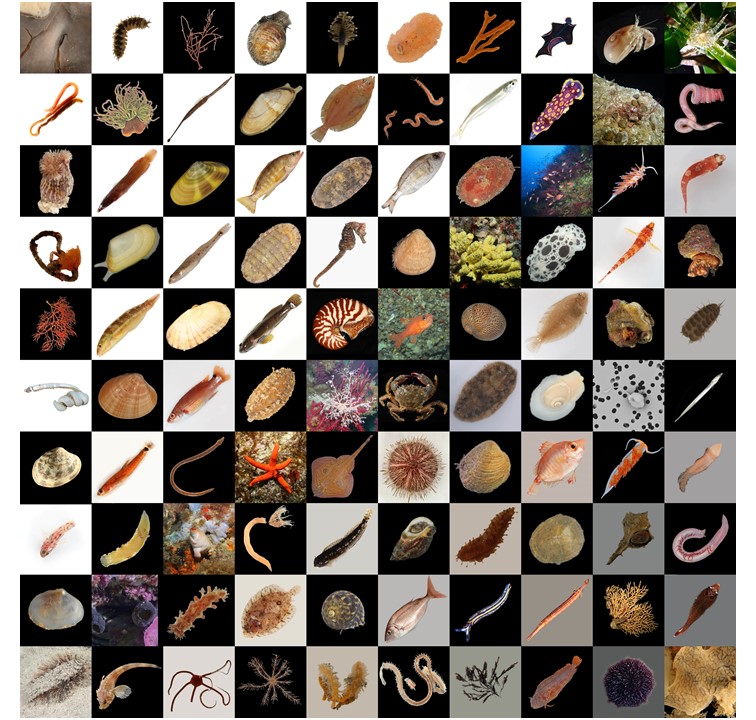Exploring Marine Life Diversity
ATLASea is dedicated to revealing the richness of marine biodiversity, from the metropolitan coasts to the overseas territories. The program relies on three multidisciplinary teams: the DIVE-Sea teams are responsible for collecting samples, SEQ-Sea — which includes GENOSCOPE, a department of the François Jacob Institute of Biology at CEA — carries out genome sequencing and assembly, while BYTE-Sea ensures the dissemination and valorization of the resulting data.
In just two years, more than 2,000 species have already been sampled by the DIVE-Sea teams, including over 700 during recent missions at the Endoume Marine Station in Marseille. The SEQ-Sea and BYTE-Sea teams have, respectively, performed genome sequencing and assembly, and made the resulting data publicly available — enabling the project to reach the milestone of 100 marine species genomes sequenced in September 2025.
 @ATLASea
@ATLASea
The Nautilus: An Iconic Species for the 100th Genome
The 100th genome sequenced by ATLASea is that of a nautilus from New Caledonia (Nautilus macromphalus), a cephalopod mollusk endemic to the archipelago. This species is emblematic of the deep-sea biodiversity of New Caledonia. Nautiluses are often described as living witnesses of the past, as they closely resemble species that lived more than 400 million years ago.
 @ATLASea
@ATLASea
Understanding, Preserving, and Innovating
These data are fundamental for improving our understanding of species’ evolutionary trajectories, their development, and their adaptive mechanisms within different marine ecosystems. They also represent an essential tool for conservation at a time when ocean biodiversity is under increasing pressure from human activities and climate change.
The significance of ATLASea goes far beyond fundamental knowledge: the genetic information collected could help identify new molecules of interest for medicine, agronomy, and environmental biotechnologies. To foster such research, the program launched its first call for proposals in the summer of 2025, aimed at supporting projects that exploit the generated genomes — for example, to discover new bio-based antibacterial compounds or to develop plastic degradation processes using marine organisms.
🌊 Fore more information ATLASea.
🔬 Already sequenced genomes available at ATLASea
Contact : Jean-Marc Aury